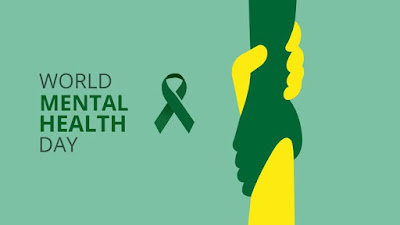 |
Representative Eric Burlison, Republican of Missouri and a member of the Freedom Caucus, said it was “inappropriate” for Republicans to say that they “aren’t going to touch” Medicaid — a phrase that Mr. Trump has used — and then “leave all that fraud in the system.” He suggested that provider taxes, which states use to offset their portion of the cost of Medicaid, were a form of “fraud” that he would want to eliminate. —The New York Times, May 29, 2025. AI-generated graphic by Shutterstock for The New Verse News. |
Protected by the roof of the porch, a robin has tucked her
nest on top of the artificial spring wreath hung on the front
door, with easy access to grass and flowers and oak tress—
showing she knows something about location, location, location
in picking real estate. But when the door swings open, she flies
flustered from the nest, fussing nearby until the door closes.
It’s like finding the foundation underneath the kids’ bedroom
is cracked. Like attempting to eat cherry ice cream on a steamy
afternoon in a cone that has a hole in the bottom, or trying
to drink a cup of scalding coffee on a train when it lurches.
It’s like believing your child is safe because she is American
born, only to see her swept up by ICE and sent to Honduras.
Mothers need to be flexible, but there are so many openings
to peril, so many teeth in the mouth of despair. They might tie
themselves in knots, but even the most agile can’t block it all.













